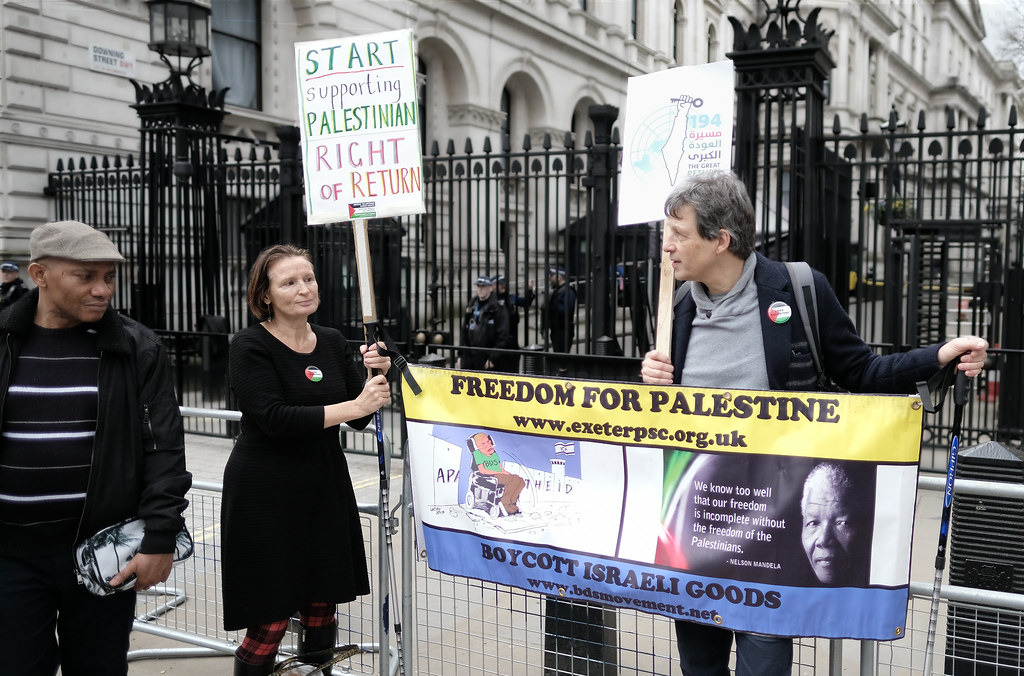
A significant movement is gaining momentum within the global film industry, as a boycott pledge targeting Israeli film and cultural institutions continues to attract a growing number of high-profile signatories. Days after its initial release, the initiative, spearheaded by the group Film Workers For Palestine, has escalated from an initial few hundred to a list now numbering more than 3,000 film-industry luminaries, signaling a deepening engagement by creative professionals with the intricate and often contentious geopolitical landscape.
This in-depth article will meticulously explore the layers of this developing story, providing a comprehensive overview of the pledge, its prominent supporters, and the underlying motivations articulated by its proponents. We will delve into the specific claims made by Film Workers For Palestine, drawing a clear picture of the boycott’s scope and its declared objectives, ensuring an objective and factual account in line with rigorous journalistic standards.
As the number of endorsements grows, including figures like Emma Stone and Peter Sarsgaard, the entertainment world finds itself at a pivotal juncture, grappling with questions of artistic complicity, political advocacy, and the powerful role of cinema in shaping public perceptions. This first section will lay the foundational understanding of the boycott’s emergence and the arguments presented by those who have chosen to align with its principles.
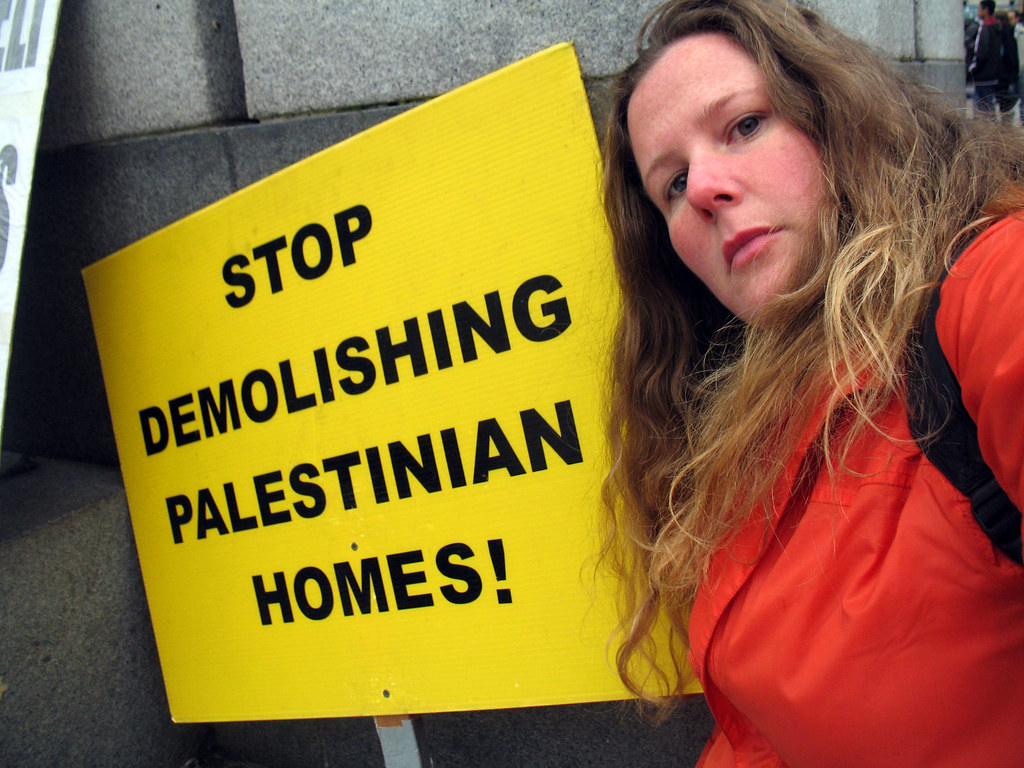
1. **The Origin and Purpose of the Film Workers For Palestine Pledge**The boycott pledge, which has rapidly become a focal point of discussion within the international film community, was launched by the group Film Workers For Palestine on September 8th. Initially gathering over 1,200 signatures, the petition quickly gained traction, reflecting a concerted effort by film industry professionals to articulate a specific stance on the conflict in the Middle East. The group, formed in early 2024 and comprised of film professionals based in various countries, initiated this move as a direct response to ongoing events.
The core of the pledge is a clear and explicit commitment: signatories pledge “not to screen films, appear at or otherwise work with Israeli film institutions — including festivals, cinemas, broadcasters and production companies — that are implicated in genocide and apartheid against the Palestinian people.” This precise wording underscores the boycott’s targeted nature, focusing on institutions rather than a blanket refusal to engage with all Israeli cultural entities, a distinction the group has emphasized.
Film Workers For Palestine articulated the fundamental motivation behind their initiative in a public statement at the time of the pledge’s release. They stated: “As film-makers, actors, film industry workers, and institutions, we recognise the power of cinema to shape perceptions. In this urgent moment of crisis, where many of our governments are enabling the carnage in Gaza, we must do everything we can to address complicity in that unrelenting horror.” This declaration positions the boycott as an ethical imperative for those in a position to influence public discourse through their artistic and professional platforms.
This commitment reflects a belief that the film industry, with its inherent capacity to shape narratives and influence global understanding, bears a responsibility to respond to what the group defines as a critical humanitarian situation. By taking a public and collective stand, the signatories aim to leverage their influence to pressure institutions they deem complicit in actions against the Palestinian people, signaling a clear call for accountability within the cultural sector.
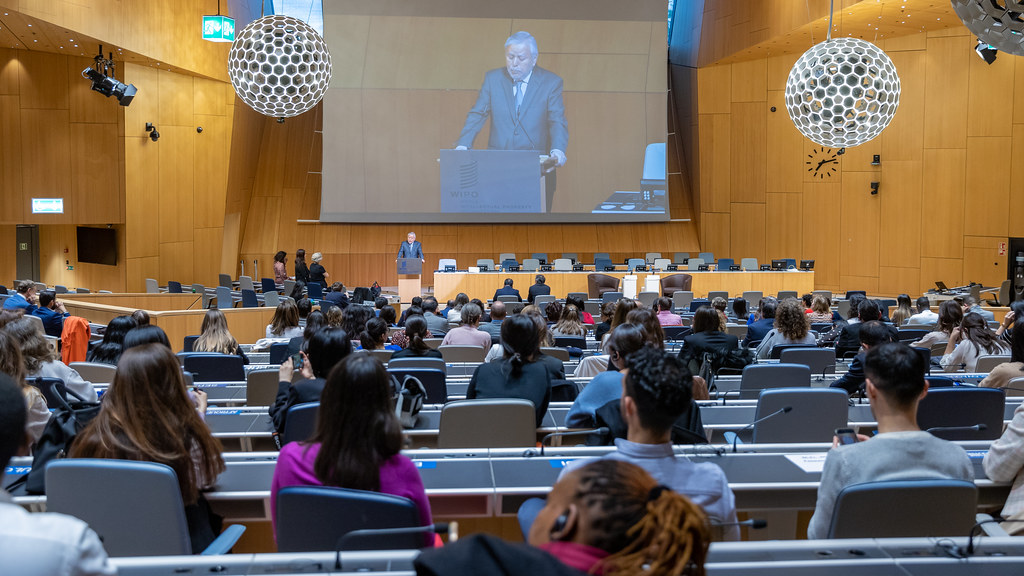
2. **Key Signatories: A Growing List of Industry Luminaries**The boycott pledge has rapidly expanded its roster of supporters, with an initial 1,200 signatures quickly growing to more than 3,000, attracting an impressive array of prominent names from across the film industry. Among the latest additions that have garnered considerable attention are Emma Stone and Peter Sarsgaard, whose involvement signals a deepening engagement from Hollywood’s mainstream figures. Their decision to sign adds significant weight to the movement, amplifying its visibility and sparking broader conversations within both industry circles and the wider public.
Beyond these marquee names, the list of signatories includes a diverse group of esteemed professionals, ranging from Oscar winners and nominees to critically acclaimed directors and actors. Initial signatories included Olivia Colman, Josh O’Connor, and Yorgos Lanthimos. Subsequent additions have featured figures such as Lily Gladstone, Ayo Edebiri, Ava DuVernay, Riz Ahmed, Rob Delaney, Javier Bardem, Tilda Swinton, Cynthia Nixon, Harris Dickinson, and Elliot Page, among many others, representing a wide spectrum of film-making talent and influence.
The inclusion of such a broad and respected group of artists, encompassing actors, directors, screenwriters, and other industry workers, underscores the pledge’s reach and its resonance with a significant segment of the film community. These endorsements are not merely symbolic; they lend tangible credibility and a powerful public platform to the boycott, demonstrating a willingness among these individuals to use their professional standing to advocate for their chosen cause, even in the face of potential professional repercussions.
Further highlighting the interconnectedness of personal conviction and public action, the context surrounding some signatories offers additional insight. For instance, Javier Bardem and Susan Sarandon utilized their significant social media presence to help promote the petition on Instagram, expanding its reach beyond traditional industry networks. Similarly, the signing by Peter Sarsgaard takes on additional significance given that his daughter, with Jewish actress Maggie Gyllenhaal, was arrested at a Columbia University pro-Palestinian protest earlier this year, illustrating a familial connection to the broader pro-Palestinian activism.
Another notable signatory, Guy Pearce, recently Oscar-nominated for his role as an antisemitic industrialist in “The Brutalist,” has also added his name to the growing list. The collective impact of these endorsements creates a formidable presence, illustrating a strong, albeit controversial, statement from within the global film industry regarding the Israeli-Palestinian conflict.
3. **The Role of Jewish Creatives**A particularly striking aspect of the boycott pledge is the growing number of Jewish creatives who have chosen to sign on, adding a complex and often underrepresented dimension to the movement. This involvement challenges simplistic narratives and underscores the diversity of perspectives within the Jewish community regarding the Israeli-Palestinian conflict. Their participation is often seen as a significant internal affirmation of the boycott’s aims from within a demographic frequently perceived as universally supportive of Israeli policies.
Among the most prominent Jewish signatories is Jonathan Glazer, the acclaimed director of the powerful Holocaust film “The Zone of Interest.” Glazer’s decision to sign carries particular weight given the subject matter of his recent work and his role as an executive producer on the new Palestinian-led Gaza drama “The Voice of Hind Rajab.” His participation suggests a nuanced perspective, engaging with both historical trauma and contemporary conflict through his artistic and advocacy efforts.
The list of Jewish creatives extends to other well-known figures across various artistic disciplines. Abbi Jacobson, known for her work in comedy, has joined, as has comedian and actor Eric Andre. Ebon Moss-Bachrach, a star of the acclaimed series “The Bear,” also appears on the list, further diversifying the representation of Jewish artists. Oscar-winning screenwriter Arthur Harari and Pulitzer Prize-winning playwright Annie Baker are additionally among the signatories, demonstrating a breadth of talent and influence from within the Jewish artistic community.
The presence of these Jewish creatives on the pledge list is crucial for several reasons. It helps to foreground the internal debates and dissents within Jewish communities concerning Israeli policies, providing a counter-narrative to those who might characterize the boycott solely as an external or antisemitic attack. Instead, it highlights that critical viewpoints and solidarity with Palestinian civil society are held by individuals from diverse backgrounds, including those with direct ties to Jewish heritage and culture, thereby enriching the dialogue and adding significant moral and ethical weight to the petition.
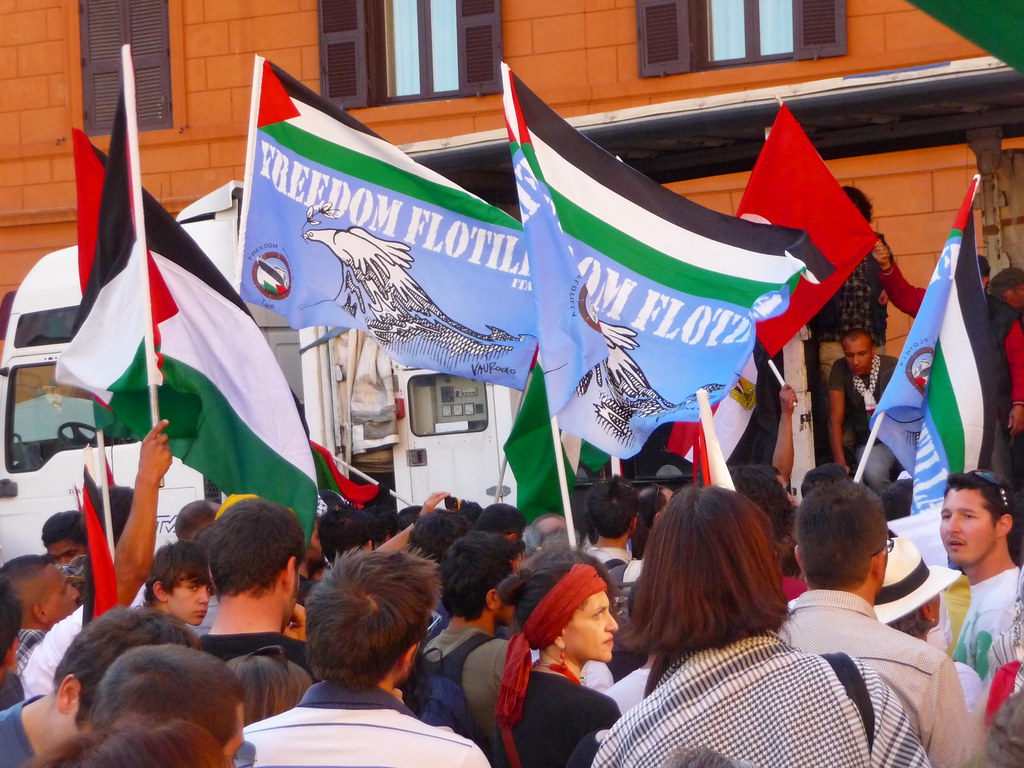
4. **The Core Tenets of the Boycott**At its heart, the Film Workers For Palestine pledge is a meticulously articulated call to action, outlining specific parameters for engagement within the film industry. The central tenet requires signatories to commit “not to screen films, appear at or otherwise work with Israeli film institutions — including festivals, cinemas, broadcasters and production companies — that are implicated in genocide and apartheid against the Palestinian people.” This statement defines the scope and targets of the boycott with considerable precision, moving beyond a general condemnation to a focused, actionable directive.
The emphasis on institutions deemed “implicated in genocide and apartheid” is a critical aspect of the pledge. It asserts that the boycott is not a blanket measure against all Israeli cultural entities, but rather a targeted action against those specifically identified as complicit in human rights abuses against Palestinians. This distinction is vital for understanding the group’s methodology and intent, as it frames the boycott as a response to perceived institutional wrongdoing rather than a broad cultural or national exclusion.
Film Workers For Palestine has provided further clarification on which types of institutions fall under this designation. They claim on their website that Israel’s public and private broadcasters “have decades-old and ongoing involvement in whitewashing, denying and justifying Israel’s war crimes.” This accusation provides a direct rationale for including these media organizations in the boycott, linking their perceived role in shaping narratives to the broader conflict.
Additionally, the pledge specifically names Israel’s major film festivals, including the Jerusalem Film Festival and Haifa International Film Festival, as targets. The group alleges that these festivals “continue to partner with the Israeli government while it carries out what leading experts have defined as genocide against Palestinians in Gaza.” These specific allegations underscore the argument that cultural institutions, by virtue of their affiliations and funding, can become entangled in political actions, making them legitimate targets for a boycott, according to the group’s framework.
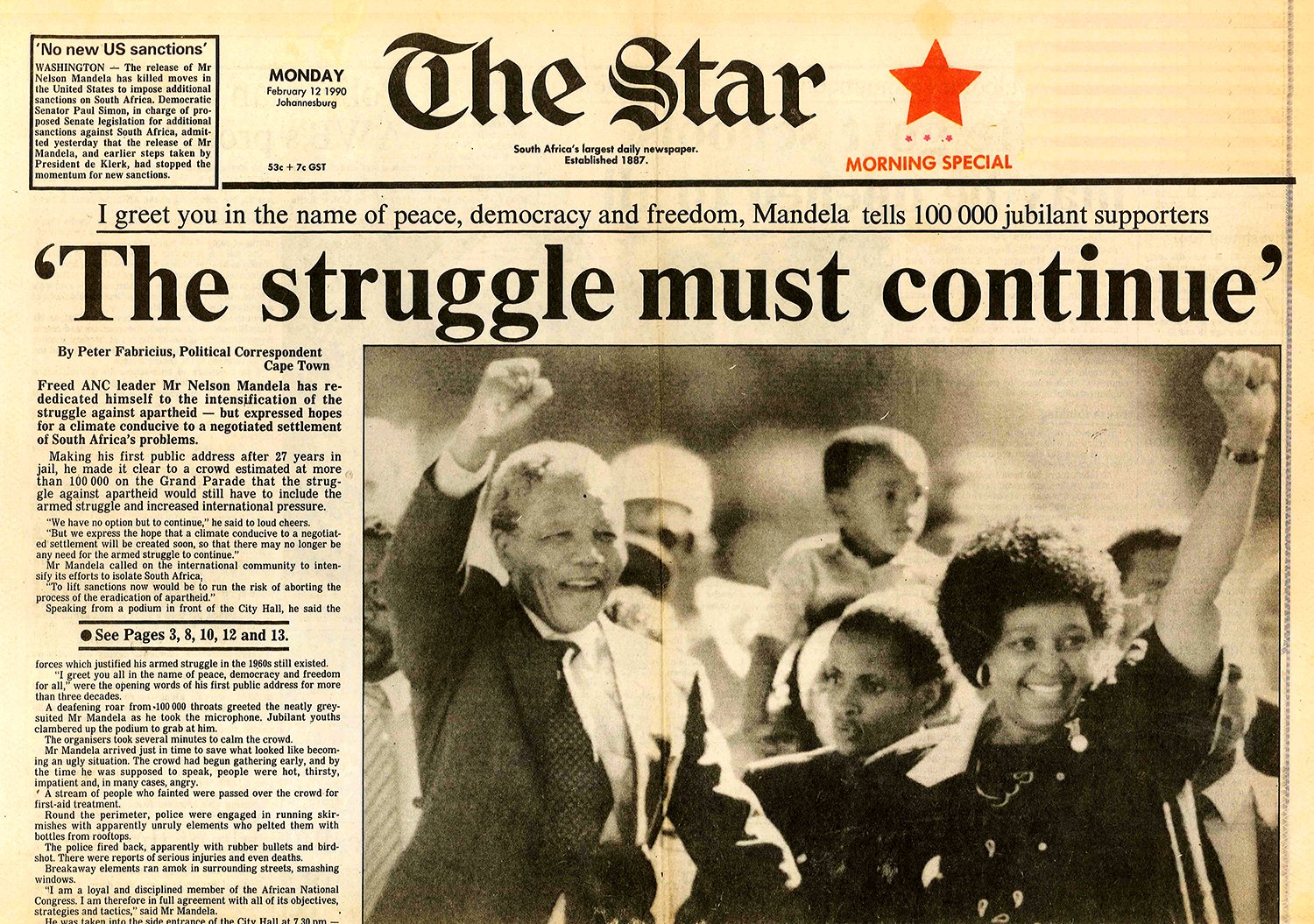
5. **Inspiration from the Anti-Apartheid Movement**A cornerstone of the Film Workers For Palestine’s strategic and ethical framework is its explicit connection to historical precedents, particularly the global movement against apartheid in South Africa. The group unequivocally states that they are “inspired by a similar boycott that had targeted Apartheid South Africa,” drawing a direct parallel between the current situation and a globally recognized struggle against systemic injustice. This invocation of a successful historical movement lends significant moral and strategic weight to their contemporary efforts.
This inspiration is not merely rhetorical; it provides a blueprint for their approach. Film Workers For Palestine specifically cites “Filmmakers United Against Apartheid, who refused to screen their films in apartheid South Africa,” as a direct precursor to their own pledge. By aligning themselves with such a powerful and ultimately successful international movement, the organizers aim to position their boycott within a lineage of cultural resistance that has proven effective in compelling political change.
Rooting their initiative in these historic struggles serves to bolster the credibility and perceived legitimacy of the current boycott. The statement from Film Workers for Palestine confirms this, noting their initiative is “rooted in historic struggles,” in particular “the successful international movement to end the apartheid regime of South Africa.” This historical reference frames the current boycott not as an isolated or novel act of protest, but as a continuation of established tactics of international solidarity and non-violent pressure against perceived oppression.
The architects of the pledge appear to believe that just as cultural boycotts contributed to the dismantling of apartheid in South Africa, a similar strategy can exert meaningful pressure in the context of the Israeli-Palestinian conflict. This historical parallel provides a powerful narrative, aiming to mobilize international artistic communities around a shared commitment to human rights and self-determination, informed by past triumphs of global solidarity through cultural means. The chosen path suggests a long-term vision, expecting a similar kind of persistent and collective action.
Read more about: Miss the ’90s? These 14 Earth-Shaking Events Defined a Decade of Unprecedented Change—Their Impact Still Resonates!
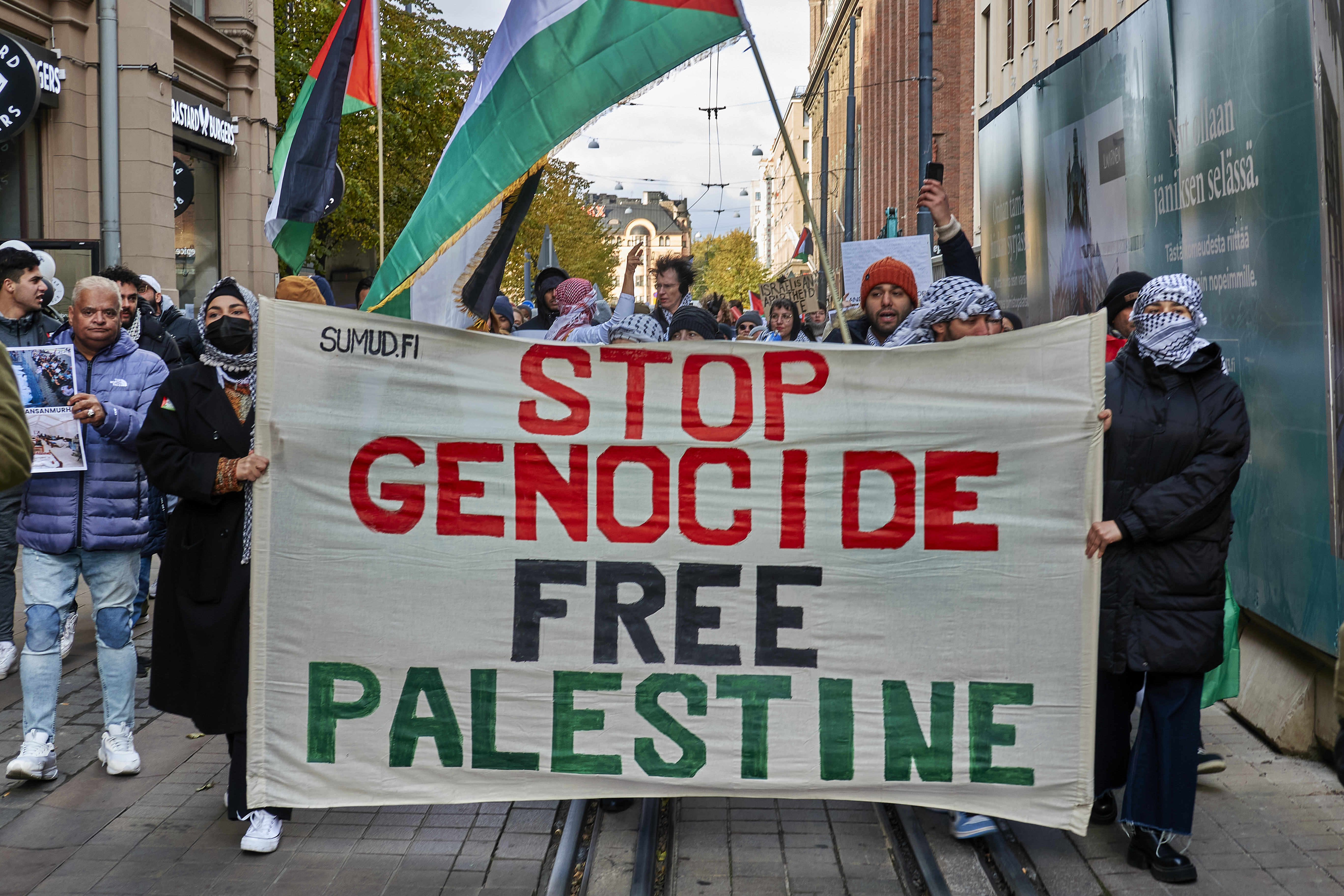
6. **Specific Institutions Targeted and the Rationale**While the boycott pledge identifies “Israeli film institutions” broadly, Film Workers For Palestine has offered precise details regarding which entities they deem complicit and, therefore, targets of their action. This specificity is crucial for understanding the practical application of the boycott and the strategic thinking behind it. The group has made it clear that their objective is not a sweeping rejection of all Israeli cultural output but a focused campaign against institutions that, in their view, directly support or normalize actions they condemn.
Central to their rationale are Israel’s public and private broadcasters. The group asserts that these broadcasting entities “have decades-old and ongoing involvement in whitewashing, denying and justifying Israel’s war crimes.” This accusation points to a perceived role of media in shaping narratives that, according to Film Workers For Palestine, obscure or legitimize harmful actions. By targeting broadcasters, the pledge aims to disrupt channels of communication and influence that are seen as integral to the maintenance of current policies.
Furthermore, major Israeli film festivals, including the widely recognized Jerusalem Film Festival and the Haifa International Film Festival, have been explicitly named. The group contends that these festivals “continue to partner with the Israeli government while it carries out what leading experts have defined as genocide against Palestinians in Gaza.” This allegation connects the cultural events directly to state actions, implying that by collaborating with the government, these festivals become instrumental in what the group perceives as a broader system of oppression. Therefore, engaging with them is deemed complicit by the pledge’s signatories.
It is important to note that Film Workers For Palestine also clarified that it “has not called for a boycott on all Israeli film institutions.” Instead, they advise individuals to “ask questions and ‘seek guidelines set by Palestinian civil society’.” This nuance suggests a desire for informed, selective engagement, urging participants to discern complicity rather than adopt a blanket approach. The group aims to ensure that the boycott is perceived as a precise tool for advocacy, directed at specific institutional behaviors and partnerships rather than a general cultural embargo.
Read more about: Federal Judge Rules Trump Administration Unlawfully Blocked $2 Billion from Harvard, Citing ‘Smokescreen’ in Ideological Battle

7. **The Distinction: Institutions vs. Individuals**A critical element of the Film Workers For Palestine pledge, and one that has been explicitly articulated by the group, is the distinction between targeting institutions and targeting individuals. The organizers have made it clear that “the boycott does not apply to Israeli individuals,” a clarification intended to guide the interpretation and application of their call to action. This nuance attempts to prevent the boycott from being misconstrued as an attack on personal identity or a broad dismissal of all Israeli cultural contributions.
To reinforce this point, the pledge specifies: “The call is for film workers to refuse to work with Israeli institutions that are complicit in Israel’s human rights abuses against the Palestinian people. This refusal takes aim at institutional complicity, not identity.” This statement underscores the strategic intent behind the boycott, which is to exert pressure on organizational structures and governmental affiliations rather than to penalize individual artists or citizens solely based on their nationality or background.
The ethical and practical implications of this distinction are significant. By focusing on institutional complicity, Film Workers For Palestine aims to create a framework for advocacy that avoids accusations of collective punishment or discriminatory practices against individuals. The group seeks to channel the energy of the boycott toward entities that they believe are actively involved in or supporting the policies they oppose, rather than creating a blanket cultural isolation that might inadvertently harm innocent parties or stifle diverse voices.
This careful delineation also reflects a broader strategy in international boycott movements, where the aim is often to influence policy through economic and cultural pressure on systemic entities. While this distinction is central to the group’s stated principles, it also sets the stage for potential complexities and criticisms regarding the feasibility of separating institutions from the individuals who work within them, a point that is often raised by opponents of such boycotts and will be explored further in subsequent discussions.
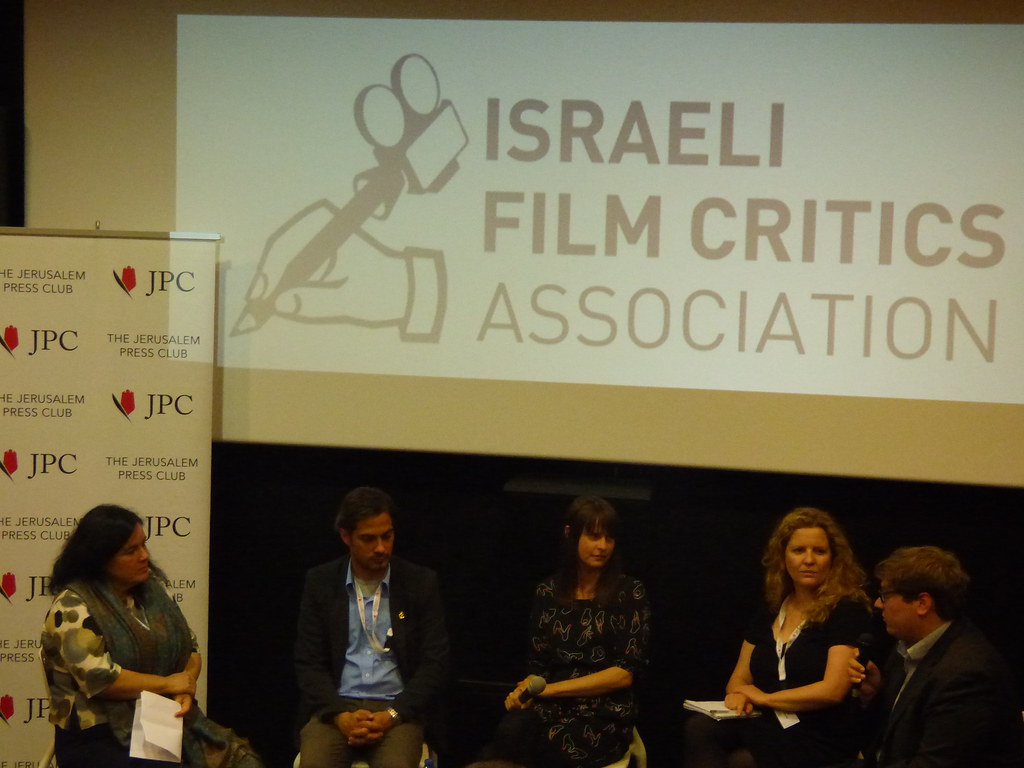
8. **Strong Criticisms from Israeli Film Associations**The emergence of the Film Workers For Palestine pledge has been met with significant and immediate pushback from various Israeli film associations, who view the boycott as a misguided and ultimately counterproductive measure. These organizations have articulated strong reservations, arguing that the initiative misidentifies its targets and, in doing so, undermines the very goals of dialogue and peace that many in the film industry purportedly champion. The swiftness and clarity of these condemnations highlight the profound disagreement within the global cinematic community regarding the efficacy and ethics of such boycotts.
A prominent voice in this opposition is the group Friends of the Israeli Film and TV Producers Association. In a statement provided to NPR, this influential body explicitly labeled the boycott “profoundly misguided.” This assessment suggests a fundamental disagreement with the premise and execution of the pledge, implying that its architects have failed to grasp the complexities of the Israeli cultural landscape and the role of its creative professionals. The statement serves as a direct challenge to the boycott’s legitimacy, urging for a re-evaluation of its intended impact.
Furthermore, the Friends of the Israeli Film and TV Producers Association did not mince words when they asserted that the signatories “are targeting the wrong people.” This accusation is central to their argument, implying that the boycott is misdirected towards individuals and institutions who are themselves often engaged in critical self-reflection and efforts toward peace, rather than being complicit in human rights abuses. This perspective frames the Israeli film industry not as an instrument of state policy, but as an independent and often dissenting voice within its own society.
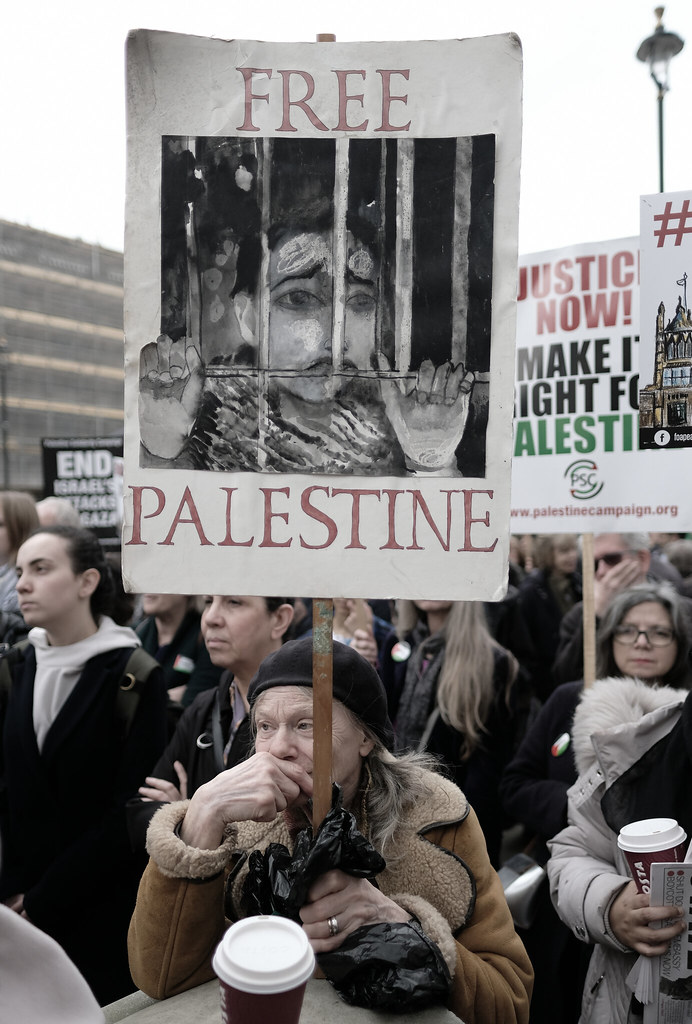
9. **The Argument of Targeting the “Wrong People”**Elaborating on their initial critique, Israeli film associations have argued that by targeting creators and cultural institutions, the boycott inadvertently punishes those who are actively working towards understanding and reconciliation. They contend that the cultural sphere, far from being a tool of state propaganda, often serves as a crucial platform for diverse narratives and critical discourse within Israeli society. This perspective casts the boycott as an attack on artistic freedom and the ability of filmmakers to engage with complex realities.
The Friends of the Israeli Film and TV Producers Association underscored this point by stating, “By targeting us — the creators who give voice to diverse narratives and foster dialogue — these signatories are undermining their own cause and attempting to silence us.” This powerful claim highlights a perceived paradox in the boycott’s logic: an attempt to promote a cause by stifling voices that might otherwise contribute to a nuanced understanding of the conflict. The association frames its members as integral to creating space for multiple perspectives, suggesting that silencing them would only deepen divisions.
They further appealed to the international community, calling for recognition of “our commitment to dialogue, peace, and giving voice to all sides of this conflict.” This plea emphasizes the industry’s self-identified role as a catalyst for understanding and healing. By positioning their “stories are tools for understanding and healing,” they assert that their work directly contributes to efforts to “help bring an end to violence,” making them unlikely targets for a movement seeking similar outcomes. This argument seeks to reframe the Israeli film industry as an ally in the pursuit of peace, rather than an adversary.
10. **Undermining Dialogue and Bridge-Building**The concern that the boycott might impede rather than advance peace efforts was echoed by Nadav Ben Simon, the chair of the Israeli screenwriters’ guild. His statement, published in The Guardian, directly challenged the efficacy of such measures, calling the boycott “counterproductive.” This assessment aligns with the broader sentiment from Israeli cultural institutions that the boycott is ill-conceived and risks causing more harm than good to the delicate fabric of cross-cultural engagement.
Ben Simon specifically highlighted the collaborative nature of the Israeli and Palestinian creative communities, a fact he believes is overlooked by the boycott pledge. He noted that Israeli filmmakers “often collaborate with Palestinian creatives” and that boycotts “harm precisely those who are committed to fostering dialogue and building bridges between peoples,” implying that these collaborative efforts are vital to any long-term resolution and should be protected, not undermined. He continued: “For decades, Israeli creators, artists, and storytellers – myself included – have devoted our work to reflecting the complexity of our reality,” then adding, “We have consistently given voice to Palestinian narratives, criticism of government policies, and the diverse perspectives that shape our society.”
His remarks further elaborated on how such measures “risk silencing the very voices striving tirelessly for reconciliation and understanding.” This perspective presents Israeli artists not as monolithically aligned with governmental policies, but as diverse individuals, many of whom are actively engaged in critiquing their own society and promoting peace. By potentially isolating these voices, the boycott, in Ben Simon’s view, might inadvertently strengthen hardline positions by removing platforms for dissent and collaboration.

11. **The Inseparability of Institutions and Creators**A critical point of contention regarding the Film Workers For Palestine pledge, particularly its stated exemption for Israeli individuals, has been raised by figures within the Israeli film industry. Nadav Ben Simon directly addressed this nuance, asserting a practical reality that, in his view, renders the distinction between institutions and individuals largely untenable in the Israeli context. This argument introduces a significant challenge to the boycott’s operational framework and its claims of precise targeting.
Ben Simon unequivocally stated, “In Israel, there is no such thing as boycotting institutions without affecting creators.” This declaration highlights the deeply intertwined nature of artists and their institutional support structures within the country. He explained that “There are very few Israeli films that are not funded in some way by state-budgeted institutions or foundations.” This financial reality suggests that even if the pledge intends to target only institutions, the economic repercussions will inevitably trickle down to and impact individual filmmakers, producers, and artists whose livelihoods depend on these funding mechanisms.
This perspective challenges the boycott’s assertion that it is merely “taking aim at institutional complicity, not identity.” If institutional funding is virtually ubiquitous for film production in Israel, then a boycott of these institutions, regardless of intent, effectively becomes a boycott of the work of almost all Israeli creators. This practical consideration raises questions about the feasibility of the pledge’s stated objective and the potential for unintended collateral damage to individual artists, including those who may share the boycotters’ concerns about government policies. The argument suggests that a purely institutional boycott is, in practice, an elusive ideal in this specific context.
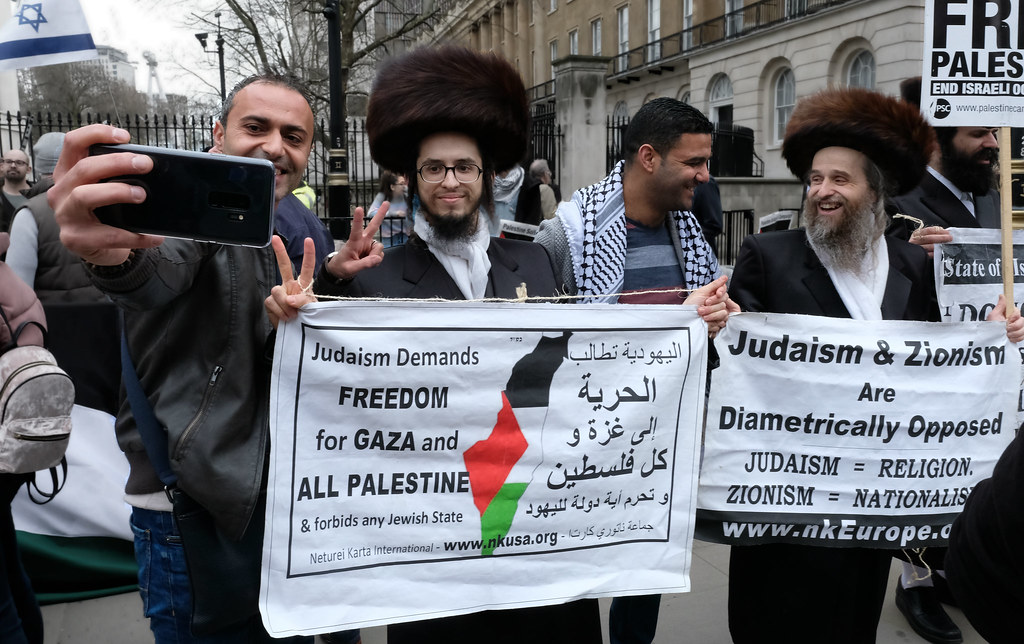
12. **Israeli Industry’s Self-Perception and Advocacy**The Israeli film and television industry has consistently presented itself as a sector deeply committed to critical engagement and the promotion of diverse perspectives, even amidst geopolitical tensions. Tzvika Gottlieb, CEO of the Israeli Film & TV Producers Association, articulated this self-perception in an interview, highlighting the industry’s long-standing efforts to foster dialogue and represent a multitude of narratives, often in collaboration with Palestinian counterparts. This portrayal aims to counter the narrative that Israeli cultural institutions are mere extensions of state policy.
Gottlieb emphasized that his industry “has consistently maintained a critical stance toward government policies, and is very vocal in criticism of this administration’s current actions.” This statement seeks to position Israeli filmmakers as independent voices, not subservient to official narratives, and indeed, as active participants in internal critiques of their government. By asserting their vocal opposition to current actions, they imply a shared goal with the boycott’s signatories: an end to violence and suffering.
Furthermore, the official remarks from his group underscored their active role in promoting discussion, having made “efforts for decades to promote discussion,” and working “with Palestinians and Israelis to tell the story of the conflict from all sides.” This highlights a history of cross-border collaboration and a commitment to nuanced storytelling. They also issued an urgent call for “an immediate end to the violence, an end to the suffering, and the release of all hostages right now,” aligning their advocacy with broader humanitarian concerns and demonstrating a desire for peace that they believe is shared across the region.

13. **Film Workers For Palestine’s Rebuttal to Criticisms**In response to the sharp criticisms leveled by Israeli film associations, Film Workers For Palestine issued a statement to The Associated Press, reaffirming the principles and rationale behind their boycott initiative. This rebuttal underscored their unwavering commitment to the pledge’s objectives and clarified their expectations for Israeli institutions, reiterating that the movement is rooted in a specific historical struggle and a demand for accountability. The group maintained that their focus remains squarely on institutional complicity, despite the counter-arguments presented.
The group reiterated that their initiative is “rooted in historic struggles,” particularly drawing inspiration from “the successful international movement to end the apartheid regime of South Africa.” This historical framing serves to legitimize their contemporary actions, positioning the boycott as a continuation of proven tactics of non-violent pressure against perceived systemic injustice. By anchoring their stance in such a significant historical precedent, they aim to solidify the moral and strategic foundation of their call to action.
Film Workers For Palestine also outlined a clear pathway for Israeli film institutions if they wish to continue working with pledge signatories. They stated: “Should Israeli film institutions wish to continue working with pledge signatories, their choice is clear: end complicity in Israel’s genocide and apartheid, and endorse the full rights of the Palestinian people under international law, in line with Palestinian civil society guidelines.” This direct challenge places the onus on the institutions to align with the boycott’s stated principles, making it clear that continued engagement is contingent upon a fundamental shift in their affiliations and actions. The statement concluded with the observation, “To date, almost none has,” indicating that their conditions for re-engagement have largely gone unfulfilled.
14. **Broader Context: Protests and the Role of Cinema**The boycott pledge by Film Workers For Palestine is not an isolated event but rather an integral part of a broader wave of pro-Palestinian activism that has gained prominence within the cultural sphere. This movement transcends mere industry advocacy, reflecting a deep-seated belief among many creatives that cinema, as a powerful medium, bears a significant responsibility to engage with and respond to geopolitical conflicts. The context of international film festivals, in particular, has become a focal point for these expressions of solidarity and protest.
A significant precursor to the Film Workers For Palestine pledge was a pro-Palestinian demonstration that took place at the recent Venice International Film Festival. This event, which reportedly drew an estimated 10,000 participants, demonstrated the growing public and artistic concern surrounding the Israeli-Palestinian conflict. It followed a direct call by a group known as Venice4Palestine for the festival to condemn the destruction in Gaza, signaling a demand for cultural institutions to take explicit political stances on humanitarian issues.
This broader context underscores the core belief articulated by Film Workers For Palestine in their open letter: “As filmmakers, actors, film industry workers, and institutions, we recognize the power of cinema to shape perceptions.” This statement encapsulates the philosophical underpinning of the boycott, suggesting that the industry’s influence carries an ethical imperative. In moments of crisis, the argument posits, artists and cultural institutions cannot remain neutral; their platforms and their creations inevitably contribute to, or challenge, prevailing narratives, thus demanding a conscious and responsible engagement with global events. The current boycott is a clear manifestation of this conviction, utilizing the cultural stage as a battleground for moral and political advocacy.
Ultimately, the boycott pledge by Film Workers For Palestine represents a significant fault line within the international film community, drawing stark contrasts between those who see cultural institutions as crucial sites of political advocacy and those who believe such actions risk stifling dialogue and artistic freedom. As the list of signatories grows and the critiques intensify, the ongoing dialogue illuminates the complex and often contentious relationship between art, politics, and humanitarian concerns on the global stage, challenging the industry to confront its role in shaping perceptions and responding to some of the world’s most enduring conflicts. The full impact of this movement, both on the ground and within the creative landscape, remains a subject of intense debate and observation.





